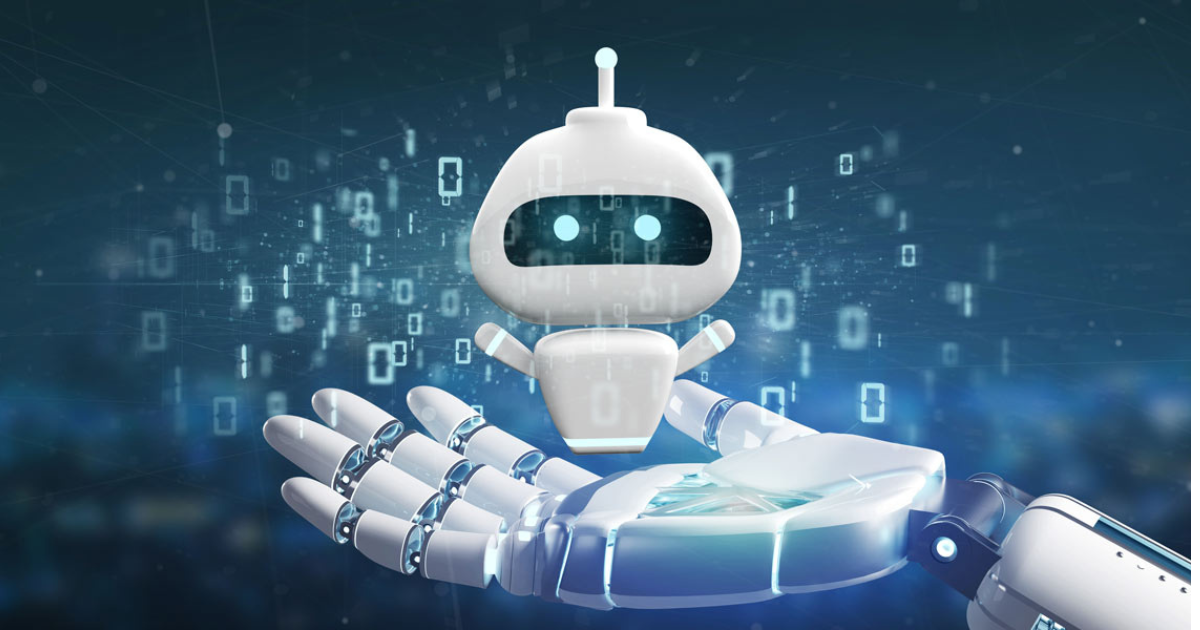
What Does AI Mean for Trademarks?
When it comes to artificial intelligence (AI) and its applications for trademarks, right now there are more questions than answers.
That’s partially because while Microsoft (A.I. Chatbot) and Google (Bard) have taken the spotlight in recent weeks as the faces of AI, how this technology will ultimately be deployed—and what the implications will be for trademark licensing—are still being defined.
To begin with, AI involves the development of computer systems able to perform tasks that normally require human intelligence, such as visual perception, speech recognition, decision-making, and translation between languages. As a result, AI has the potential to serve as a meaningful tool to provide attorneys, judges, and businesses with better insight into trademarks.
For the time being, AI still requires human knowledge and interaction to maximize its use, but many are already examining the different ways it could be applied to processes in the licensing industry.
Trademark law is all about the purchasing process, including how products are bought and how consumers interact with brands. These interactions are based on information, something that AI has in ample supply. This means that in addition to playing a key role in defining the “average consumer” at the heart of trademark infringement proceedings and liability issues, AI applications could eventually be responsible for a consumer’s buying decisions.
This would, however, raise even more questions. Moving forward, if AI is used to make a purchase for a consumer, who is liable when that purchase involves trademark infringement?
“What if the consumer is searching for a mouse with ears using AI and Mickey Mouse comes out?” said Pamela Deese, a partner at the law firm ArentFox Schiff. “That doesn’t exempt you from infringement if it’s generated by a computer.”
It will likely take several court challenges to more narrowly define AI’s impact on trademarks, Deese said. This is especially true because, as AI’s ability to predict gets better, consumers may receive products without even asking for them as the technology shifts from making suggestions to providing a service. If a device purchases, on behalf of the consumer, a product that infringes a trademark or is counterfeit, does that platform provider become a “secondary infringer?”
The platform may not be liable for infringement, but platform providers will need to have takedown procedures in place. And the concern regarding counterfeits is no small matter, as counterfeit goods account for $461 billion or 2.5% of all global trade.
Things become even more complicated as AI itself could potentially provide a means for addressing some of these concerns. AI could be used to help identify counterfeit products and remove them from purchase options, for example.
As more companies experiment with AI and examine its impact on trademarks moving forward, it’s clear that the licensing industry needs to understand the potential of this technology—and the potential risks.
“Secondary liability needs to be looked at because there will very creative plaintiffs’ lawyers that want to sue the platforms by maintaining that the platforms are inducing people to infringe or are contributing by providing the means for them to do it,” said Jed Ferdinand, founder of the Ferdinand IP Law Group.

















